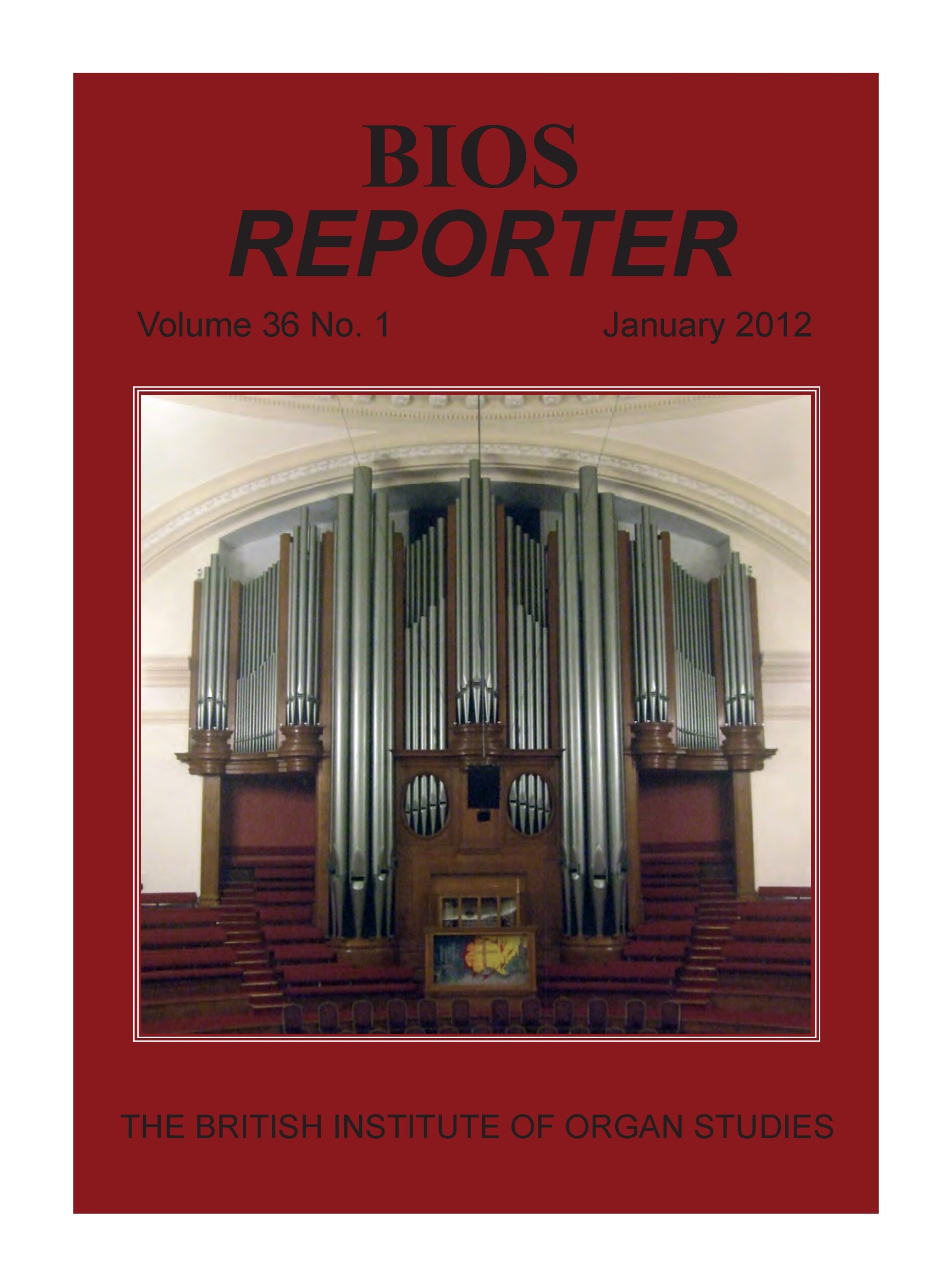It has been my good fortune on a few occasions recently to come across books, music or artefacts where previous owners have left their mark in various ways. Perhaps the most striking for me personally was to discover that my copy of the 1769 edition of William Herschel’s Sei Sonate per il Cembalo was one of the two copies that the composer retained for his own use. This copy was not signed by Herschel, something which would have probably meant that it would have long ago ended up in a museum, but the fact of its original ownership could be determined by the presence of an inked inscription ‘I1’ on the front page that corresponds exactly to a listing on the cover of an empty folder, still in the possession of Herschel’s descendents, which is all that remains of the family’s collection of music dispersed at auction in 1958. This provenance does not of course add materially to any academic study of eighteenth-century keyboard music but does still give rise to a certain frisson when turning the pages, knowing that within a few years of this publication Herschel would go on to discover the first new planet, Uranus, since antiquity and become personal astronomer to George III. Perhaps a more relevant example would be a copy of the first edition of Practical Organ-Building by W E Dickson (1881) that I found in a local bookshop last summer. It caught my eye as I already had a copy of the Positif Press reprint but that is of the 1882 second edition. When I opened the book the fly-leaf had the names of four owners and one leapt to view immediately – ‘Bernard B Edmonds, MCMLXVIII’. I joined BIOS too recently to have met Bernard Edmonds but I am of course aware of his legacy in BIOS (see p. 31). In the grand tradition of BIOS research ‘BBE’ initialled a short note regarding the first owner – ‘Col Conway-Gordon bequeathed his collection of books on the organ to the British Museum’. Lewis Conway-Gordon (1838-1895) was one of those stalwarts of the Age of Empire, having risen to be Director of Railways in India. An obituary in the Proceedings of the Institute of Civil Engineers notes that Col Conway-Gordon was ‘an excellent mechanic and always kept up a workshop; when out of the reach of his favourite pursuits of boat-building and yachting, he took up organ-building, and built two or three organs on different principles and on original lines’. The substantial house that Col Conway-Gordon retired to near the cathedral in Rochester is now part of the King’s School and I have not been able to ascertain whether he brought the organs that he built in India back with him or whether they have disappeared over time in the rather organ-unfriendly climatic conditions of the sub-continent…
